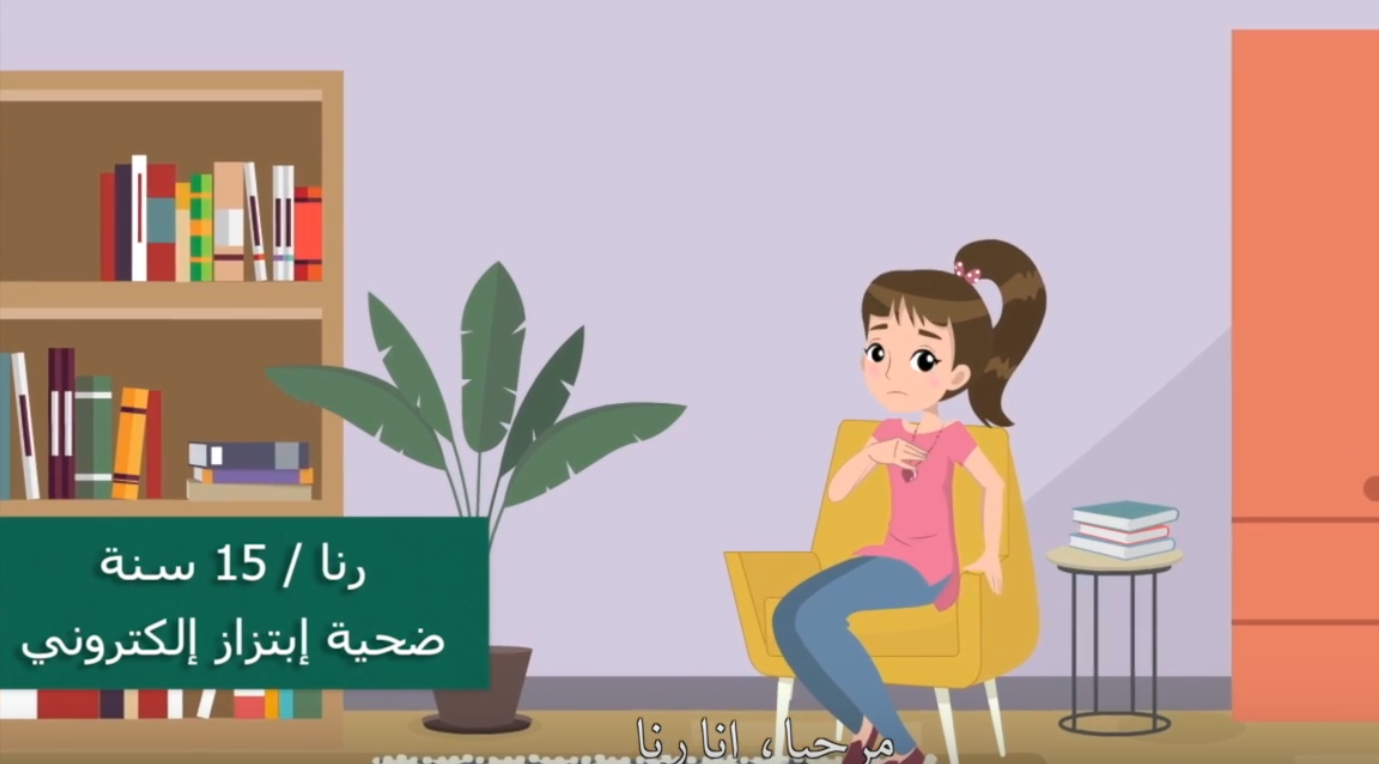TAM
UN Women (2020): Online and ICT* facilitated violence against women and girls during COVID-19
7amleh (2020): Know Your Digital Rights: Towards a Safe, Fair & Free Palestinian Digital Space.
Kvinna till Kvinna & 7amleh (2018): A Violent Network: Gender-Based Violence Against Palestinian Women in Virtual Space
In the current global health crisis, many people worldwide spend more time online than ever. Lockdowns, quarantine, and self-isolation policies have increased internet usage by up to 70%. While there have been numerous reports about increased domestic violence as an effect linked to the pandemic, the rise of gender-based violence in digital spaces remained somewhat obscured. However, online GBV has already been prevalent before the pandemic. It is increasingly recognized as taking place in the wider context of systemic gender-based discrimination and as being rooted in structural inequalities and power imbalances.
Worldwide, there are growing concerns about human rights violations linked to Information and Communication Technology (ICT), such as in relation to artificial intelligence, right to privacy, freedom of expression, non-discrimination or hate speech. This is no different in Palestine and Israel. “Many Palestinians are facing increasing limitations and violations to their human rights online,” writes 7amleh – The Arab Center for the Advancement of Social Media. The NGO, which advocates for Palestinian digital rights, observed an increase in racism and incitement on social media against Palestinians in 2020. A recent study also shows the magnitude of online gender-based violence in Palestine and Israel.
PeaceWomen Across the Globe (PWAG) repeatedly observed increases of human rights violations in the digital realm and specifically online gender-based violence in its network. PWAG is committed to advancing women’s participation – and online spaces are very much part of the spaces where safe participation and access must be ensured. In the Palestinian context, with its fragmented and restricted physical spaces, it is particularly crucial to safeguard online spaces for activism and make them safe for women.
Together with the Palestinian NGO TAM – Women and media development, PWAG intends to contribute to a decrease in online GBV. TAM began to engage in the prevention of online GBV a few years ago. Starting with a baseline study, they developed several projects addressing the needs of women in relation to online GBV, for instance through an information website and a helpline.
In our joint project “To be safe”, TAM tackles the causes of online GBV through capacity building and sensitization workshops. Teachers and social workers in Palestinian schools in the Bethlehem and Hebron areas learn how to support those who have experienced online GBV and how to address the issue with their students. They then teach the students the necessary skills to enhance their digital privacy and security. The project also includes the possibility for students to plan and implement initiatives themselves to further raise awareness among their peers.
De-normalising online GBV and teaching students to protect their privacy online and to deal with potential violence ultimately contribute to the prevention of online GBV. This is our aim: to ensure the internet is a safe space for women and people of all genders and sexualities.


